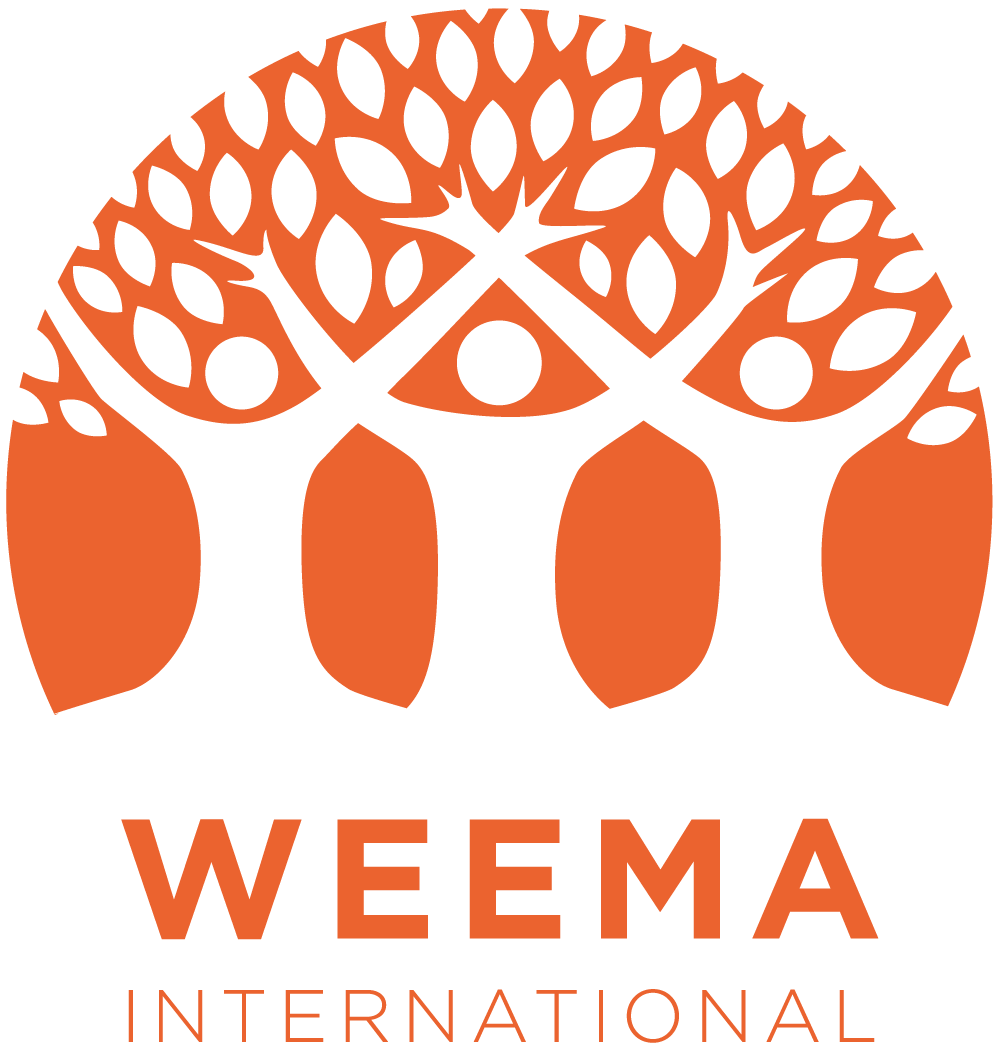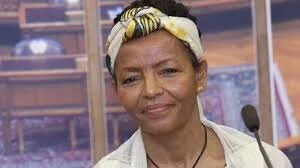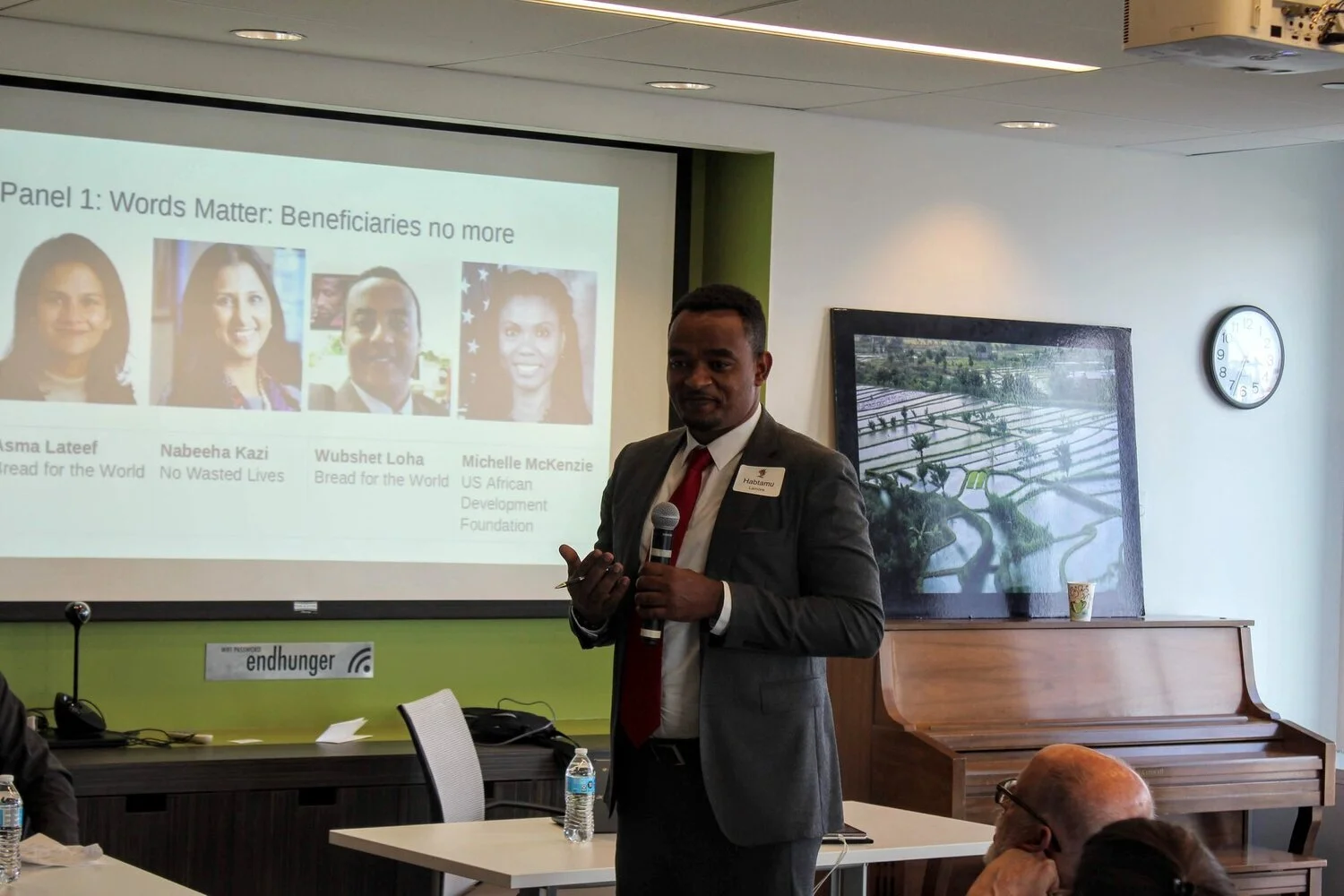WEEMA has big plans this year for strengthening pre-primary education in Tembaro – specifically, in Buho and Mudula.
Read MoreSure, it’s 2020, but we have a few more end-of-the-year successes we’d like to share, all of them related to improved healthcare delivery in Ethiopia. Among them:
· Imagine running a hospital without a laundry machine. Day after day, large piles of soiled linens, surgical towels and hospital gowns need to be washed by hand. Last fall WEEMA installed a new washing machine at the Mudula Primary Hospital, the only hospital in Tembaro.
Read MoreHappy 2020! To kick-start the New Year, we wanted to update you about exciting progress in our inclusive education program in the Tembaro District.
As you may recall, WEEMA recently outfitted the district’s first school with inclusive education, the Mudula Primary School, with wheelchairs, an entrance ramp and trained teachers who can teach young children with disabilities.
Read MoreInclusion is deeply rooted in WEEMA’s community-led development work in Ethiopia. But what does inclusion exactly mean and how do organizations achieve it in their everyday practices, whether in Ethiopia, Bangladesh or Indonesia?
Read MoreThe Adilo District’s first-ever public library and computer center, which opened last month, is getting rave reviews. It’s attracting lots of students and other community members, who come to take advantage of the library’s extensive reading materials, study areas, computers and Internet access.
Read MoreOn this week of Thanksgiving, we give thanks and pay tribute to a fearless defender of women’s rights whose ideas will forever inspire the WEEMA team. Bogaletch “Boge” Gebre, an activist and scientist who led the global fight to end female genital mutilation (FGM), died this month at the age of 66. She was born and raised in a small village in the Kembata-Tembaro Zone, where WEEMA does much of its work.
Read MoreWEEMA is joining forces with the Ethiopian government to expand digital healthcare services across the country.
Over the past 2½ years, WEEMA and D-tree International have developed and distributed a mobile healthcare tool that is helping 100 local health extension workers (HEWs) in the Tembaro and Hadero districts diagnose childhood illnesses like diarrhea, pneumonia, and malaria.
Read MoreWEEMA’s largest clean water project ever has taken a big step forward, which is good news for thousands of families living in the Tembaro district.
Last month we finalized an agreement with Water Action to take over and finish the construction project that will provide drinking water and healthy sanitation services to just under 19,000 people living in four neighborhoods – Bachira, Bada, Bohe, and Waro.
Read MoreWhen he was just a one-year-old child, Kurabachew Abiyu was hospitalized at Jimma General Hospital with a serious illness. He was treated and fully recovered. Then, as a young adult, a close friend developed a software program that tracked patient visits at hospitals.
Read MoreExciting news! Tembaro’s first inclusive education program is up and running at Mudula Primary School and more than 30 children with disabilities – a mix of boys and girls – are enrolled. All are attending school for the first time now that the teachers and the classrooms can support their learning.
Read MoreWhile “community-led development” is gaining traction in the development and humanitarian sectors, putting those words into practice is still a big challenge for many nonprofit groups, philanthropists, and government agencies.
This month, WEEMA board member Habtamu Lamore joined global experts to examine what it takes for organizations to truly achieve community engagement and empowerment – key bedrocks of community-led development – in their day-to-day work.
Read MoreThree cheers to Higa Boarding School and its students
Kudos to Higa Boarding School in Kembata-Tembaro and the 10th grade students who aced the national exams last June.
Read MoreThe WEEMA team is thrilled to be honored recently by the Kembata-Tembaro Zone Administration as its top nongovernmental community partner.
The award, announced last week at the Kembata-Tembaro Zone’s Cultural, Historic and Language Symposium in Durame, recognizes WEEMA’s wide-ranging contributions to improved clean water access, healthcare, and educational opportunities over the past eight years.
Read MoreThere are 39 primary schools in the Tembaro District and none of them has ever been open and accessible to children with disabilities. As a result, thousands of young disabled children in the district have no formal opportunities to learn in school, engage with other children, and thrive as they grow older – a situation that will propel most of them towards a life of isolation and poverty.
Read MoreHolistic, community-led development underpins all of WEEMA’s work in Ethiopia. But what does that really mean?
The “holistic” part is a recognition that communities where we work have diverse interrelated needs.
Read MoreWEEMA is beginning work on a new effort over the next year to ensure that we ‘walk the talk’ in protecting women’s rights.
This summer, we received funding from InterAction’s project, From Pledge to Action, to develop a detailed policy and staff training to prevent and respond to a core gender equality issue - sexual exploitation, abuse, and harassment.
Read MoreKebebush Berena is no stranger to change. Since her initial interactions recruiting and enrolling women for WEEMA’s Self Help Groups (SHGs), Kebebush has watched the women she supports grow and develop into financially savvy savers.
Read MoreDespite a sharp decline in child mortality rates during the past few decades, nearly 200,000 Ethiopian children under age 5 still die each year from preventable illnesses.
Read MoreIn India, a revolutionary 37-year-old known as the “Padman” is solving an age-old problem by creating low-cost sanitary pads for millions of Indian women. WEEMA staff recently visited with the Padman to see if the entrepreneur’s success could be replicated in Ethiopia.
Read MoreIn Europe and the United States, we take libraries for granted. They’re in our schools. They’re in our cities. They’re in our neighborhoods. Not in Ethiopia.
Read More



















